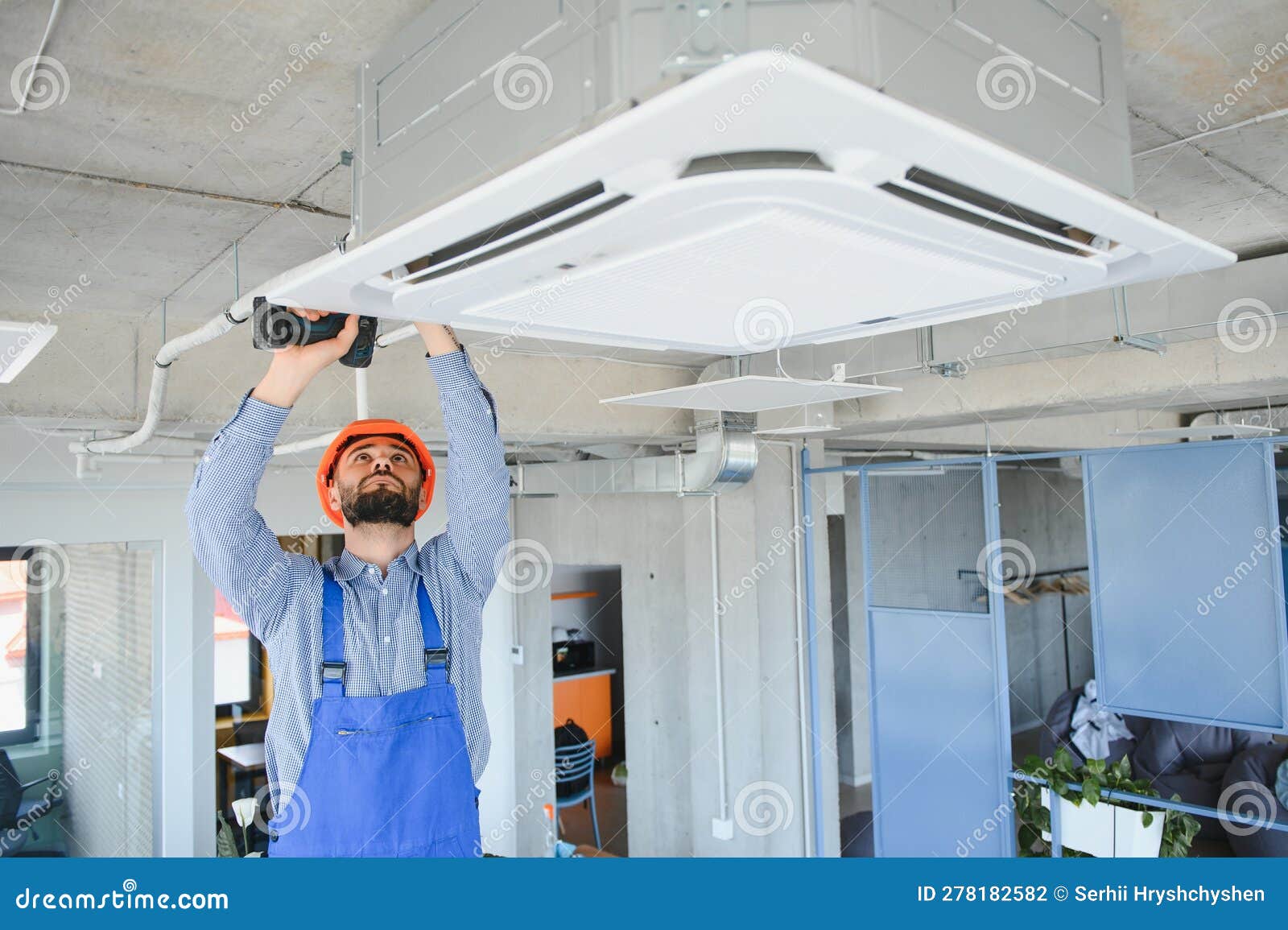Deciding on the Proper HVAC System for Your Home

Picking the right HVAC system for your home can appear overwhelming, notably given the many selections and technical features to take into account. Regardless of whether you are erecting a brand new house, updating, or just looking to enhance your present system, understanding what HVAC means and its functioning is crucial. HVAC denotes heating, air circulation, and air conditioning, and it has a significant role in guaranteeing a comfortable environment in your home all year long. This novice guide will guide you through the main elements of HVAC systems, frequent issues and their solutions, and care advice to keep your system running efficiently.
As you examine the multiple categories of HVAC systems available, you will discover that they all have distinct characteristics and pros. From conventional central air systems to up-to-date ductless mini-splits and geothermal heat pumps, the selections can be overwhelming. Understanding the influence of different systems on energy efficiency and indoor air quality can help you make a knowledgeable choice that addresses your comfort needs but also suits your financial plan. By the end of this article, you will be equipped with valuable knowledge to make the best HVAC choice for your home and have a comfortable living environment all year long. spintax #### Understanding HVAC Units
HVAC refers to Heat, Air Circulation, and Cooling, which are core components that maintain creating indoor comfort levels. An HVAC system manages heat, moisture, and air freshness throughout home and commercial spaces. Understanding each of these components is crucial for choosing the appropriate system for your home or commercial entity. Heating consists of various methods to warm indoor areas, while air conditioning chills and removes moisture from the air. Breathing systems maintains a continuous flow of clean air to maintain a healthy setting.

An HVAC system generally includes a heater or warmth generator for heating, an AC for temperature reduction, and air distribution channels or alternative means of distributing conditioned air throughout the space. Modern systems can also include smart thermostats, air filters, and dampness regulation features, that boost both comfort and efficiency of energy use. By enhancing these components, residents can achieve a comfortable living setting while reducing electricity use.
Moreover, understanding the interplay of these components can assist in diagnosing common issues and making wise decisions about upkeep and improvements. Regular care and prompt repairs are crucial to prolonging the lifespan of an HVAC system. As technology evolves, latest innovations developing within the HVAC industry suggest better energy conservation and enhanced indoor air cleanliness, providing further benefits to health and well-being in homes and commercial spaces too.
Typical HVAC Problems and Solutions
A of the most frequent issues homeowners face with their HVAC systems is insufficient heating or cooling. This issue can arise from multiple sources, including a clogged air filter, which limits airflow and reduces efficiency. AC repair is improperly sealed ductwork, which can lead to substantial energy waste. To address this problem, start by checking and replacing air filters regularly, and examine ductwork for any leaks that need sealing.
Another prevalent problem is the unusual noises coming from the HVAC system, such as clattering, thumping, or whistling. These sounds can indicate mechanical problems or loose components. The first step is to ensure that mounting brackets and screws are tight. If the sounds persist, it may be necessary to call a professional technician who can diagnose and resolve more serious mechanical issues competently.
Finally, a malfunctioning thermostat can lead to significant discomfort and energy inefficiency. If your HVAC unit is running constantly or not reacting to temperature changes, adjusting or replacing the thermostat could be a practical solution. Smart thermostats provide additional benefits, such as programming features and remote access, helping homeowners optimize their heating and cooling settings while possibly lowering energy bills.
Energy Efficiency and Maintenance Tips
To confirm your HVAC system functions efficiently, one of the essential strategies is regular maintenance. Arranging seasonal tune-ups can help identify likely problems before they escalate, ensuring that your system runs efficiently throughout the seasons. A certified technician can clean the coils, inspect refrigerant levels, and examine other vital components, which can lead to enhanced performance and lifespan of your system.
Furthermore, being aware of your thermostat settings can significantly affect your energy bills. During winter, setting your thermostat a few degrees lower while dressing in warmer clothing can save on heating costs. In the summer, adjusting the temperature a couple degrees can reduce air conditioning expenses while still keeping your home pleasant. Consider investing in a smart thermostat that intelligently adjusts according to your schedule or the weather, optimizing energy use.
Lastly, improving your home’s insulation and repairing air leaks can work wonders for your HVAC efficiency. Insulating walls, attics, and ductwork minimizes energy loss, while sealing windows and doors stops conditioned air from leaking out. By taking these steps, you not only enhance the comfort of your home, but also create a more energy-efficient environment, causing lower utility bills and a smaller carbon footprint.
